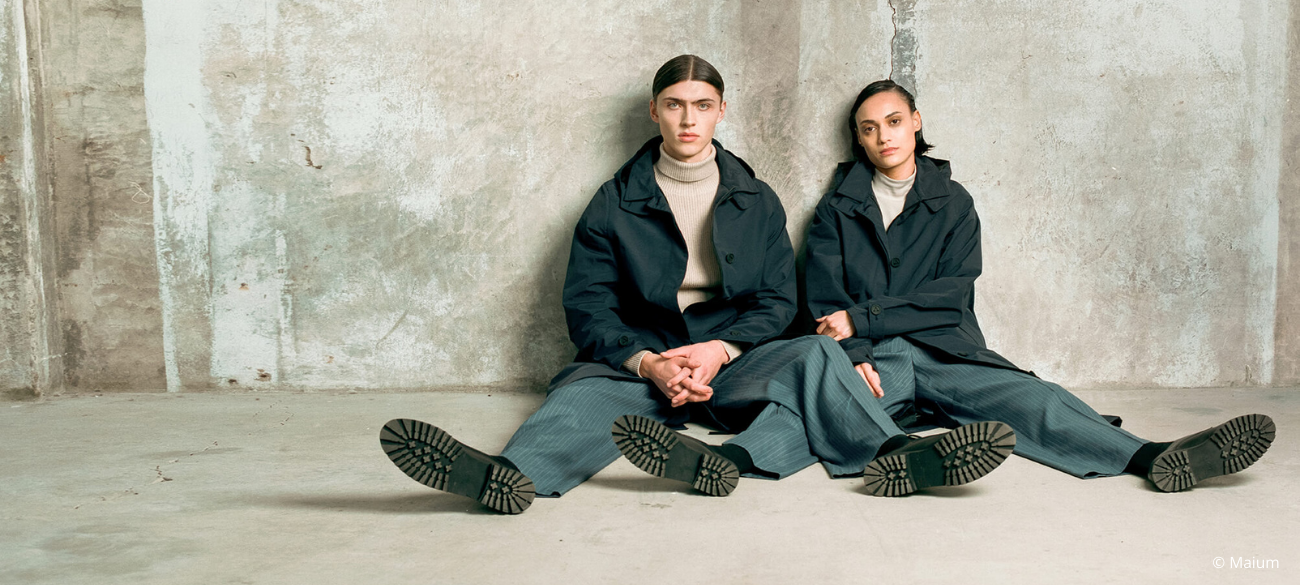Taking stock: what’s the deal with gender-neutral fashion in 2021?
Back in 2020, we noted that not only was gender-neutral fashion more important than ever, but that it was even set to rapidly dominate the fashion world. After an eventful year, it’s high time that we take stock. What’s the deal with gender-neutral fashion in 2021?
Gender-neutral fashion in 2021
There’s no mistaking that gender-neutral fashion is much more than a concept. The idea of boosting gender inclusivity in the fashion world has been talked about for decades, but up until now, without notable consequence. And that’s striking when you consider that nearly 70% of Generation Z indicates no longer shopping in their ‘own’ gender department.
Since the last article on the subject, almost a year has passed and we’ve seen a stack of fashion presentations and collections. The conclusion? Gender norms are blurring. Last January, the British Fashion Council organised the first ever gender-neutral London Fashion Week. It was nevertheless a week thriving with traditional women’s and men’s collections, but space had been created for more. The organisers hope that at future editions, designers are not inhibited and that they will show what they want to show, working towards creating an inclusive fashion climate.
Unisex collections
Fortunately, an increasing number of fashion brands have ceased making gender distinctions. Amsterdam brand Maium designs timeless raincoats that are perfect for men, women and everyone who identifies otherwise. Fashion label 10Days also developed a unisex collection, consisting of loungewear.
Gitte Wetter, head designer at Samsøe, has also made the leap. Shifting from a sole focus on the men’s collection, she now also designs for women, and a genderless collection was the inevitable next step: look out for that next season. Even fashion giant NA-KD now offers a unisex collection. Photographed on female models with a straight size, admittedly, but it’s a start.
Large fashion houses and retail
In the past year, large fashion houses appear to have more closely embraced the lack of gender. With Harry Styles bearing the standard, Gucci uses queer models for each collection. Saint Laurent, Eckhaus Latta, Telfar and Duran Lantink are all also designing looks that are suitable for everyone. However, major changes in retail are yet to materialise, while that is exactly where it’s so important. As long as we persist in referring – both online and offline – to fashion as ‘men’s’ and ‘women’s’ clothing, we’ve a long way to go. So while collections are gradually changing, this year is unfortunately yet to bring any truly seismic changes.
Ultimately, to quote Rei Kawakubo following her Comme de Garçons show in 1995, we shouldn’t distinguish between different genders: ‘What is important is being human’. Amen to that.
Geschreven door Emma Vloeimans.
Share article
